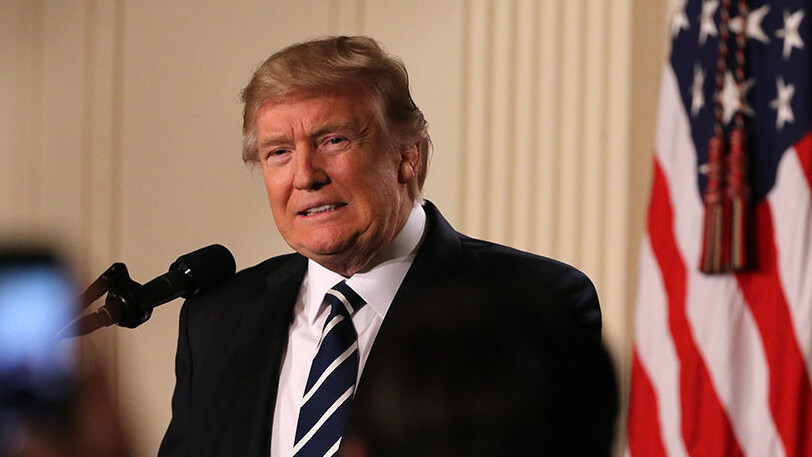
CNN has obtained a draft of an executive order that could potentially censor huge portions of the internet. In an attempt to stop a perceived “bias” against conservatives, Trump’s plan attempts to strip certain protections from companies like Facebook and Twitter, particularly those protected under Section 230 of the Communications Decency Act (CDA).
Although it’s still in its early stages, and subject to change, the details it contains are a paradox that involve fighting censorship with more censorship.
Part of the Telecommunications Act of 1996, the CDA sought to regulate pornographic material on the internet. Section 230, also known as Title V, was not part of the original bill. It was later added in an attempt to protect service providers from the actions of their users.
Facebook, for example, isn’t breaking the law if a user uploads sexual material featuring a minor. It could, however, be in hot water if it was later proven that Facebook knew the piece of content existed and did nothing to remove it. Policing billions of users is all but impossible, after all.
Trump’s administration sought to strip some of these protections by calling on the Federal Communications Commission (FCC) to change how the rule is interpreted. As it stands, Trump’s plan is for the FCC and The Federal Trade Commission (FTC) to draft a new interpretation of Section 230 that cracks down on politically biased moderation.
The FCC is meant to interpret Section 230 with language declaring “anticompetitive, unfair, or deceptive practices” violate the definition of “good faith” outlined in the CDA. Social media networks that “remove or suppress” content without notifying users are in violation of this agreement. The FTC, on the other hand, is seemingly involved as the agency responsible for collecting consumer complaints when social media networks run afoul of the new interpretation.
This, however, opens up an entirely new problem. Conservatives have alleged for years that social media bias exists, and that it’s silencing their opinions, banning their users, and violating their First Amendment rights. There’s little in the way of evidence that this type of bias exists. The conservatives banned from Twitter, for example, were given an explanation that typically points to a breach of its terms of service — inciting violence or targeted harassment seem to be the most common reasons given.
On Facebook, the social media network largely responsible for Trump’s ascent in 2016, the truth is that fake news stories with a conservative slant outranked those circulated by liberals — they even outranked factual stories. Facebook and Twitter both had significant influence in Trump’s 2016 win.
So if you’re looking for a “why,’ we can’t help you. Maybe it’s an attempt to rally a base that is becoming increasingly detached from reality. Or, maybe Trump actually seeks change as the desired outcome. Either way, this isn’t something he can do on his own. The President has little power to change an existing law.
The order, titled “Protecting Americans from Online Censorship” is merely a framework. It’s likely to be one of many, and it’s doubtful the final version will contain this type of language (if there is a final version). But if it comes to be, the order would certainly need to clarify the language within — it’s unnecessarily broad downright confusing, at times.
Any order pushing for political neutrality, however, is sure to raise questions of constitutionality. Enforcing a change that would amount to making the internet politically neutral would certainly infringe on users’ First Amendment rights. It’s quite likely the order would be viewed as political overreach, thus ensuring a lengthy process of litigation.
Knowing this, it seems certain that the move is one that merely seeks to rally a base that feels as if it’s without a voice.
The White House, FCC, and FTC didn’t immediately respond to our request for comment.
Get the TNW newsletter
Get the most important tech news in your inbox each week.





